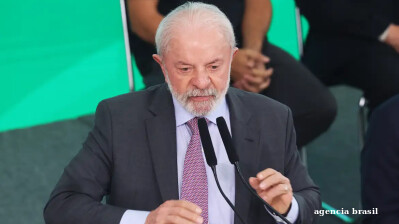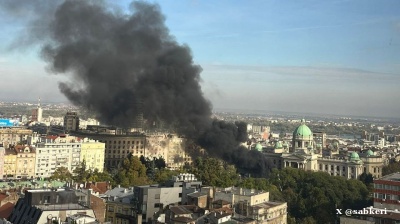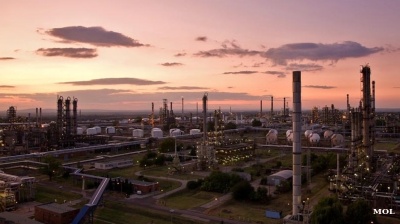Hungary’s central bank under pressure to make more aggressive rate hike as inflation hits nine-year high

Consumer prices in Hungary rose 6.5% year on year, their fastest rate since October 2012, up from 5.5% in the previous month, according to data released by the Central Statistics Office (KSH) on November 9. The figures are well above the 6% market consensus and the National Bank’s 6.1% projection. Month-on-month inflation was 1.1%.
In a separate reading, the MNB said the rise in inflation in October was "primarily driven by an increase in fuel, industrial goods and food prices".
It noted that fuel prices contributed 1.9pp points to headline inflation. But it was not just about fuel and energy, but prices hikes were broad-based across all segments.
Food prices climbed 5.2%, but cooking oil was up 30% y/y, potato by 27% and margarine cost 19% more than a year ago.
Consumer durables rose at their fastest pace since 2009, up 0.7% m/m and 5.4% y/y. Service prices rose 0.4% and 3.7% y/y.
The MNB's measure of core inflation excluding indirect tax effects – a bellwether indicator of underlying inflation – rose to 4.7% in October from 4% in the previous month, also well above the target, reflecting strong underlying inflationary pressure.
The MNB said the indicators measuring households' inflation expectations "showed unusually high volatility" but were "unchanged relative to the previous month.
Headline inflation is on track to climb further, hitting 7% in November, according to analysts. Takarekbank raised its 2021 target from 4.9% to 5% and next year’s projections from 4.4% to 4.7%, with continued upside risks from higher global commodity and transport prices to shortages of raw materials.
ING Bank sees the 2021 average inflation rate rising from 3.3% to 5%, which could decelerate to 4.5-4.7% range over the next year.
There are a number of upside risks: the spillover effects of expansionary fiscal policy, continued wage increases and rising energy and commodity prices, as well as supply-side frictions on consumer prices, according to Erste Bank.
Hungary’s MNB became the first central bank in Europe to launch a tightening cycle in June, a sharp U-turn from its ultra-loose policy. It raised rates by 30bp between June and August, but slowed down the rate hike to 15bp in September and October.
The MNB had been to assess the results of its rate-setting cycle in December when the next quarterly inflation report is due out, but analysts widely expect policymakers to take a more aggressive step at the next meeting, as its peers in Poland and Czechia have also bumped up the base rate by 75bp and 125bp respectively.
At the last meeting, policymakers said inflation "would remain elevated over a longer period" and that achieving the inflation target "may be delayed" compared to the projection in the September report.
News

Switzerland reopens Baghdad embassy after 30-year closure
Switzerland reopened its Baghdad embassy after 30 years, with Iraqi and Swiss foreign ministers officiating ceremony reflecting confidence in Iraq's stability and signalling expanded economic cooperation.

Brazil's Lula announces fourth presidential run at 80
Brazilian President Luiz Inácio Lula da Silva has announced he will seek re-election in October 2026, confirming his candidacy during a state visit to Indonesia on October 23.

Serbian president blames opposition for “terrorist attack” outside parliament
President Vucic blamed opposition groups for what he described as a “terrorist act” outside the National Assembly in Belgrade, after a 70-year-old man opened fire on a camp of government supporters and set fire to one of their tents.

IOC sanctions Indonesia over Israel visa ban
The International Olympic Committee has announced that international sports federations will be advised not to hold competitions or meetings in Indonesia after the country barred Israeli athletes from entering.



